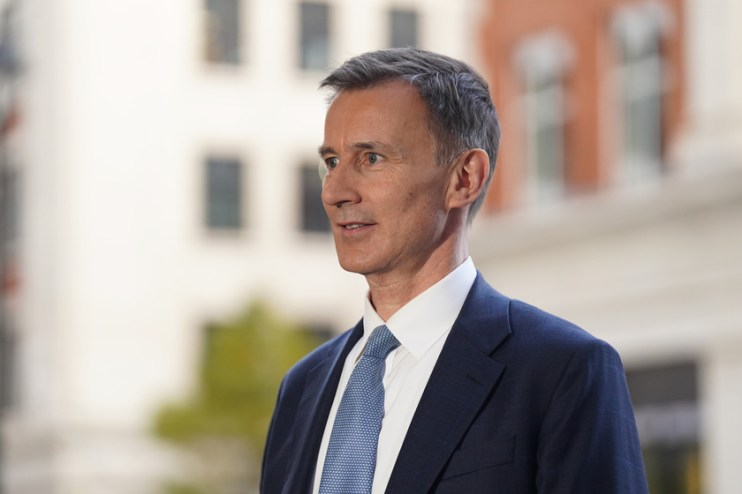Hunt says his ‘priority is backing British business’ as he hints at tax cuts

Jeremy Hunt has hinted that the autumn statement may contain more tax cuts for businesses in a bid to fire up the UK’s economy.
Just days ahead of Wednesday’s landmark fiscal event, the Chancellor, speaking on Times Radio, said that his “priority is backing British business” and introducing measures to “unlock growth”.
“I think it’s important for a productive, dynamic, fizzing economy that you motivate people to do the work, to take the risks that we need,” he told Sky News.
He stressed that “lower tax is essential to economic growth”.
But he consistently ruled out changes that would risk fuelling inflation after a year of tight fiscal control, which has seen Prime Minister Rishi Sunak hit his target of halving inflation, now at 4.6 per cent.
Muting predictions for cuts to income tax or national insurance, Hunt added: “The one thing we won’t do is any kind of tax cut that fuels inflation… we’re not going to throw that away.
“But in an autumn statement for growth… we need to remove barriers that stop businesses growing,” he said.
But he did not rule out a cut to inheritance tax, adding that “everything is on the table”.
The suggestion of tax cuts for businesses will be welcome news for groups such as the British Chamber of Commerce, which has called for the so-called full expensing policy, which gives firm tax breaks for investing cash into their firms, to be made permanent – a move reportedly being considered by Hunt.
Director of The Institute for Fiscal Studies, Paul Johnson, said the government has “put up tax more over this Parliament than has happened over any Parliament in history”.
Quizzed on Labour’s fiscal priorities, shadow chancellor Rachel Reeves said cuts to inheritance tax would be wrong.
Reeves told the BBC: “Cutting inheritance tax in the middle of a massive cost-of-living crisis and when public services are on their knees is not the right priority.”
She also warned against the “gradual erosion of people’s incomes” if Hunt was to squeeze billions from benefits payments, as has reportedly been under consideration.
